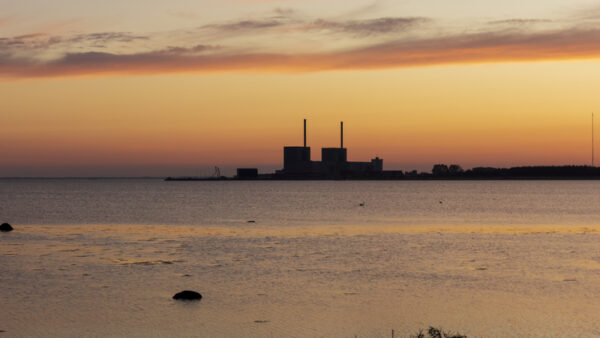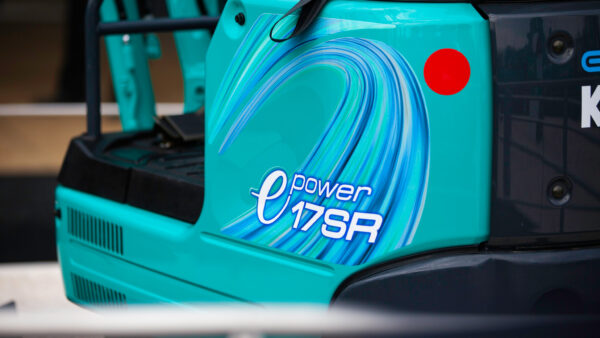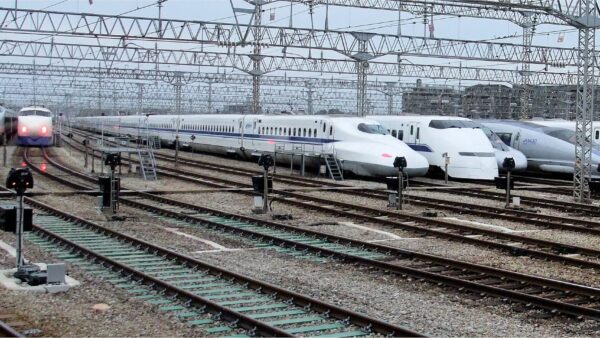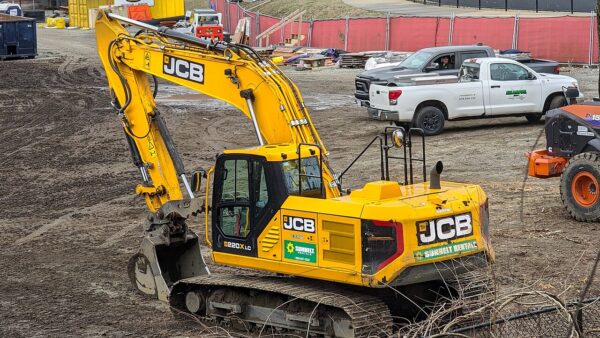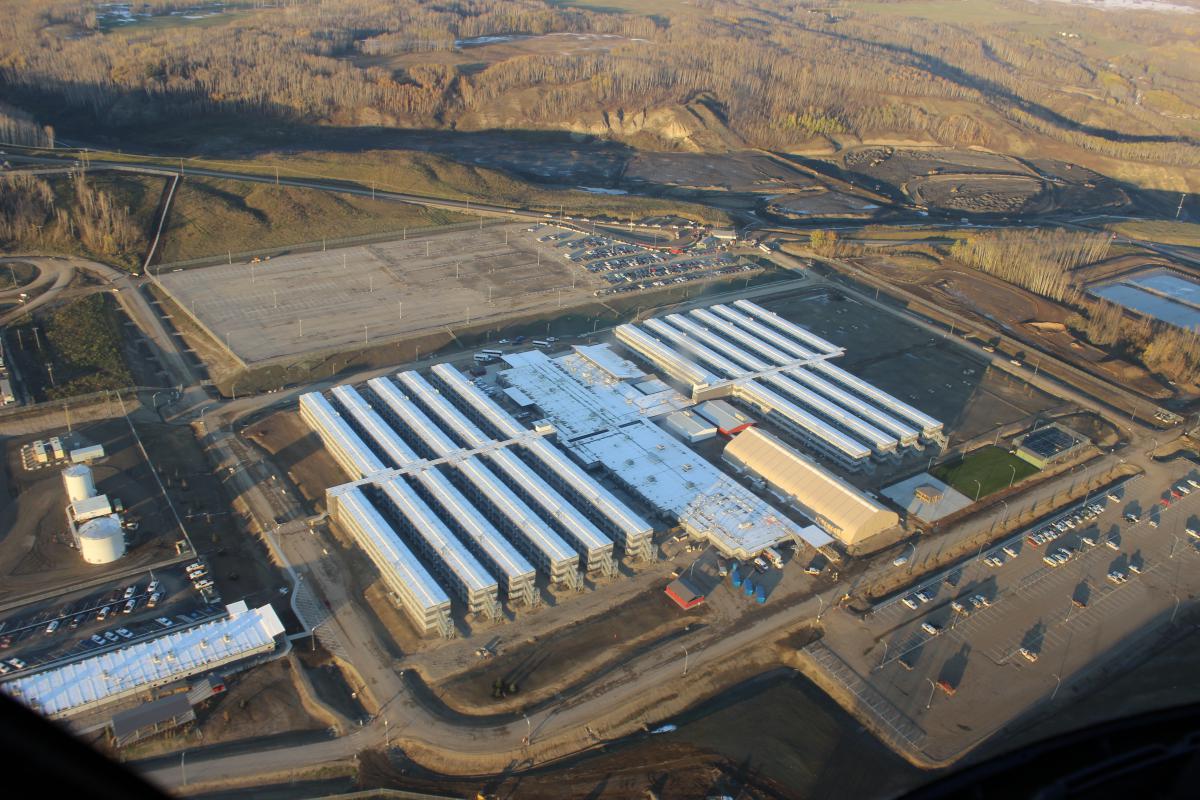
As a brand new hydroelectric dam in remote Northeastern British Columbia, Canada gears up for full generation this autumn, locals are grappling with an unexpected problem: What to do with the CAD$470m village built to house 1,700 construction workers during the dam’s decade of construction?
Located near the small city of Fort St John more than 1,200km north of the province’s main population centre of Vancouver, the village built for BC Hydro’s Site C dam on the Peace River is well-appointed.
It has 21 three-storey dormitory buildings, 39 three-storey corridors, 131 kitchen, dining and recreation units, 24 modular offices, a fitness building, a gymnasium, and a cinema.
But now that the project is nearing completion, local officials worry it will be demolished, with the debris containing concrete slabs, asphalt and steel overwhelming the district’s landfill.
New landfill needed, fast
The alarm was raised at a 20 March meeting of the local authority, the Peace River Regional District (PRRD), about an enquiry from a BC Hydro subcontractor responsible for planning demolition, reports local news site Energeticcity.ca.
The enquiry asked for the “sorting requirements and capacity at the North Peace Regional Landfill”.
The PRRD’s elected board of directors expressed alarm at the prospect because it would “drastically shorten the timeline for constructing a new landfill site”, reported Energeticcity.ca.
“This could cost us millions and millions of dollars,” said director Bradley Sperling said.
“I’ve been involved with this right from day one… Never once have [BC Hydro] ever, ever said that this would be coming to our landfill or getting demolished,” Sperling said, adding that the PRRD has always requested first right of refusal on any parts of the dismantled village.
Legal advice sought
In 2015, turnkey accommodation supplier ATCO won the CAD$470m contract to build, maintain, and operate the village for eight years.
A BC Hydro spokesperson told Energeticcity.ca that it had been “proactively reaching out to all local governments, non-profit agencies, Indigenous Nations, government agencies and the private sector” about the village since 2023.
“We wanted to ensure others were aware of the opportunity to assess whether the camp could potentially be repurposed instead of having to properly dispose of it,” the spokesperson said.
At their meeting, the directors agreed to seek legal advice and voted to invite BC Hydro to come and discuss the compensation the utility company would have to pay the district for using the landfill, and alternatives to demolition.
- Subscribe here to get stories about construction around the world in your inbox three times a week






